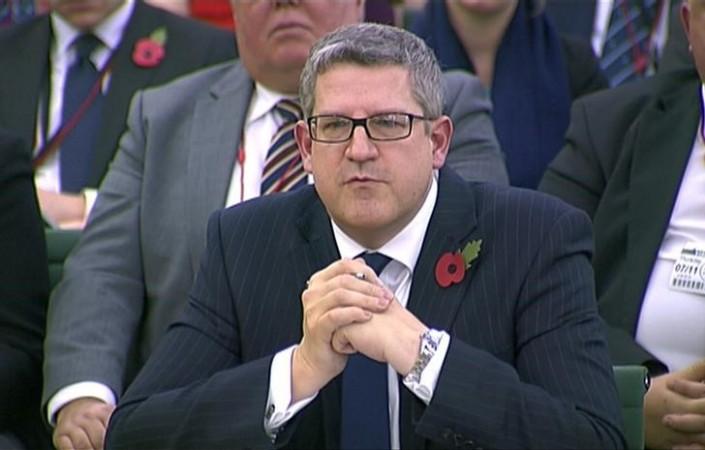
Britain's intelligence MI5's Security Service warned on Thursday that al-Qaeda militants in Syria and other extremist groups like ISIS are plotting extensive and direct terror attacks in Western countries, including the United Kingdom.
"A group of core al-Qaeda terrorists in Syria is planning mass casualty attacks in the West," MI5 boss Andrew Parker said in a public speech at the intelligence headquarters in London.
The director general of MI5, Parker, voiced his concern following the terror attack in Paris, where gunmen killed 12 people – most of them journalists – at the headquarters of French satirical magazine Charlie Hebdo on Wednesday.
However, Reuters notes that the speech by the MI5 boss was planned before the killings in Paris.
Parker said that seasoned al-Qaeda militants in Syria were aiming to "cause large-scale loss of life, by attacking transport systems or iconic targets" in Western countries.
Without speculating on the motives of the Paris gunmen, Parker called the killing of 12 people on Wednesday "a terrible reminder of the intentions of those who wish us harm". He further added that around 600 extremists from Britain are believed to have travelled to Syria probably with the intention of joining the dreaded jihadist group, ISIS.
Over 20 terror plots in Western countries since 2013, including Canada's Parliament Hill attack in October and the Sydney siege of a restaurant in December, were "either directed or provoked" by extremists in Syria, the intelligence added.
Although ISIS has gained much attention in the current global terrorism-related activities, the al Qaeda group is still a "driving force" for terror attacks against the West, a copy of his speech reads, according to NBC News.
Parker, who has in the past, argued that more surveillance needs to be undertaken on militant communications on the internet, said the West faced "a very serious level of threat that is complex to combat and unlikely to abate significantly for some time".
"The dark places from where those who wish us harm can plot and plan are increasing," Parker said adding: "We need to be able to access communications and obtain relevant data on those people when we have good reason."














